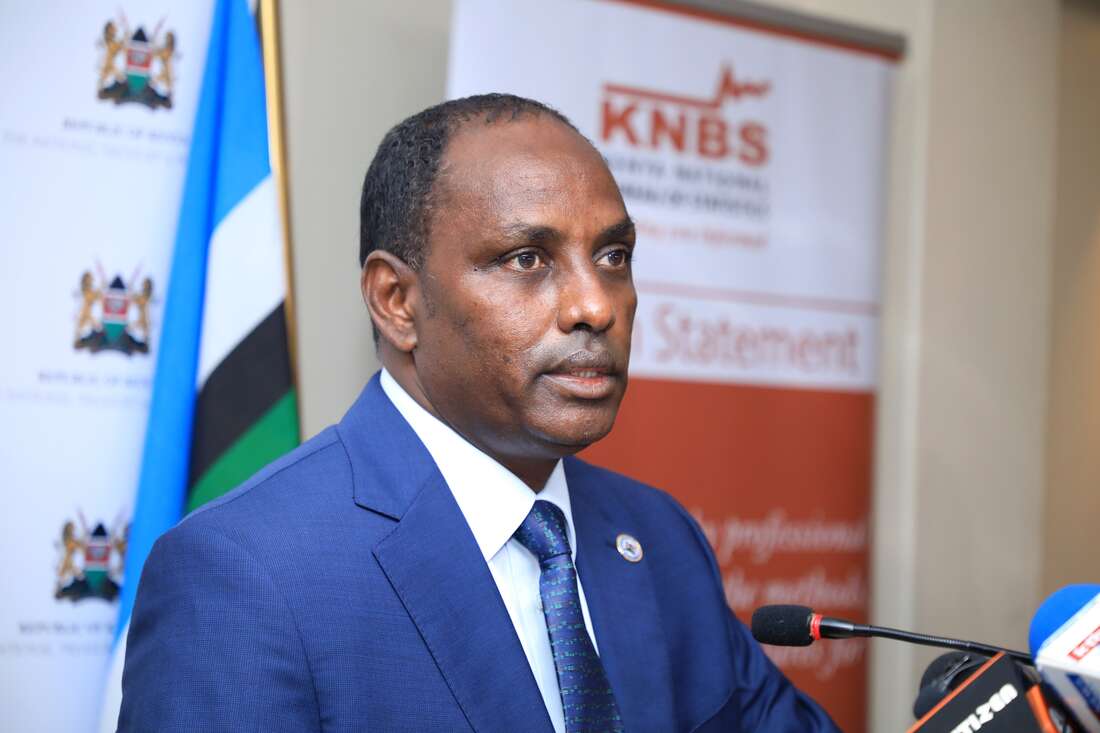The Treasury has agreed to inject cash into Kenya Power and Kenya Airways in the financial year starting July 2022, citing the role of the two struggling firms in supporting economic recovery from Covid knocks.
No bailout was allocated to the two firms in the current financial year, raising concerns their worsening cash flow positions could hurt operations and slow down recovery in economic activity.
Stakeholders, in recommendations in the Budget Review and Outlook Paper (BROP), last month faulted the Treasury for not outlining a recovery plan for the troubled firms.
They argued Kenya Power and Kenya Airways (KQ) were key in “fuelling economic growth and the creation of employment” and should be supported through cash injection in the budget.
“This is duly noted and will be done during sector allocations,” the Treasury wrote in the final BROP report which factored public input.
The Treasury last Wednesday opened a three-day public hearing forum which will inform sectoral budget proposals to be considered in the Appropriation of the Budget Bill for the next financial year.
The bill should be ready for parliamentary approval by March 31—a month earlier than legal timeline— because of elections slated for August next year.
Treasury, in last financial year ended June 2021, departed from its earlier International Monetary Fund (IMF)-backed stance which favoured long-term reforms to solve cash flow challenges facing state-controlled firms and parastatals instead of bailouts. This is after it pumped additional Sh10 billion into Kenya Airways.
The national carrier has made clear its plea for additional cash from anchor shareholder, the government, to help it out of its precarious financial position.
“We are in a negative equity position, which means we are insolvent as an organisation, obviously made worse by the pandemic,” KQ chief executive Allan Kilavuka said on August 26.
Equally debt-laden Kenya Power has also sunk into a near dire financial position with operating costs rising faster than revenue, exacerbated by elevated financing costs and system losses which hit Sh15.99 billion for the year through June 2020.
